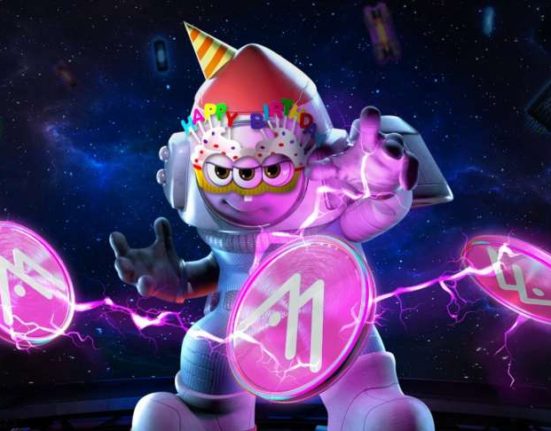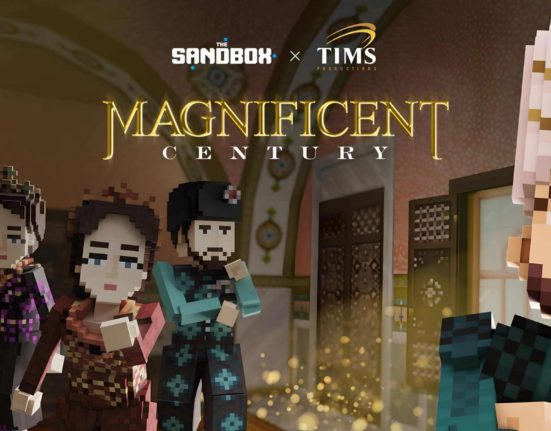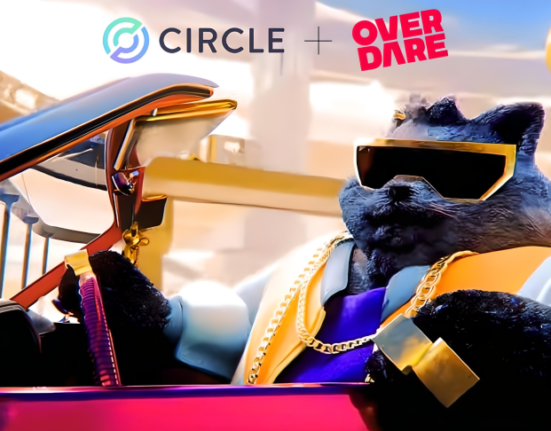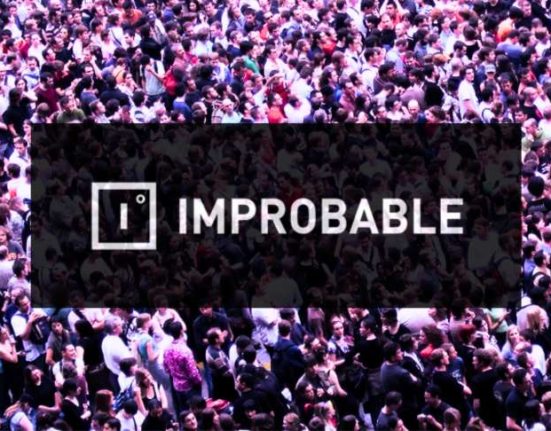NFTs have transformed the indie-music industry by allowing new and underground artists to build their own communities. Thanks to these digital tokens, many independent musicians are now in a position where they don’t need a corporate label to reach an audience. The latest proof of this power is pop artist Thomas Pipolo a.k.a. Pip’s Cotton Candy Backstage Passes, which made a whopping $20,000 (6.8 ETH) within 24 hours of their release.
The Cotton Candy NFTs were launched on March 21, 2022, as part of the artist’s independent crowdfunding campaign. Singer-songwriter Pip is trying to raise more than 35 ETH (about $109,660). His crowdfunding page on Mirror.xyz mentions that he needs this amount for his upcoming EP NFT drop, his debut EP (a mini album with two to five songs), Cotton Candy Skies, and to start his own label Cotton Candy Records.
How do Pip’s Backstage NFT passes work?
There are three types of Cotton Candy Backstage passes; Silver Backstage Pass, Gold Backstage Pass, and Platinum Backstage Pass. Benefits associated with each of these vary according to their price. For instance, all the NFT pass holders can enter the member-only platform onlycottoncandy, but users with the platinum pass (the most expensive NFT) are also eligible for free entry in all Pip headlining concerts for their lifetime.
Moreover, owners of Pip’s NFT passes enjoy several other exclusive features and benefits, such as access to live studio sessions, meetings, merchandise, and unreleased content. They also get lifetime concert tickets through onlycottoncandy, and early access to Pip’s new releases such as MONACO – the first single from Cotton Candy that’s coming on March 25.
Why NFTs are great for independent artists
Pip claims that Cotton Candy Records, which he is planning to launch after his EP, would be one of the first blockchain-based record labels. He said in an interview with NFT Culture, “The fans and supporters investing in these Backstage Passes are giving me and my team a chance to make our dreams come true. That’s why I’m so excited to launch our upcoming record label Cotton Candy Records on the blockchain, which will allow us to help other artists with their projects. This will be revolutionary in the Web3 space and in the music industry as a whole.”
Pip used to be a Division 1 baseball player but due to injuries, had to give up his sports career. He later discovered his passion for music and debuted with the hit single “2:22” in 2020. He is a self-taught artist and blockchain enthusiast who is trying to prove that independent musicians can also make their own identity using technologies like NFTs.
Excited with the incredible first-day sales of his digital backstage tokens, Pip said, “I genuinely want to show other independent artists that it is possible to give your fans meaningful access to you and your music, and the opportunity to invest in your brand. Through blockchain technology, it’s possible for artists of any caliber to maintain ownership rights of their work, establish a fruitful career in the music industry, and get their music heard.”
NFTs have enabled indie artists to create the music they want without worrying about numbers or any terms and conditions. It is well known that musicians often remain underpaid and don’t have all the rights to their content when they release their music in partnership with a corporate record label. On the other hand, with NFTs, everything belongs to the creator; he owns all the profits and rights associated with his content.Moreover, NFTs are bringing artists and fans closer than ever. Artists like Pip are receiving direct support from investors and individuals who truly believe in their music. Interestingly, big companies have also begun to realize the power of music-related NFTs, and they are now joining hands with web3 communities. These early developments clearly indicate that NFTs are going to play a crucial role in shaping the future music industry.








